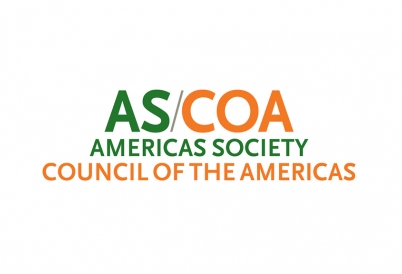Colombian President Álvaro Uribe and key Western Hemisphere ministers explored issues at the forefront of the U.S.-Western Hemisphere agenda during the 37th Annual Washington Conference on the Americas. View a pictorial and summary of the conference.
The Annual Washington Conference on the Americas brought together a dynamic group of trade, finance, and foreign affairs leaders from throughout the hemisphere for discussion on "Building the Americas Consensus". The premier event took place May 1-2 at the Inter-American Development Bank and the US Department of State.<span style="\"font-style:" normal;\"="">
Just as the Mexican Senate was approving a groundbreaking federal pension reform law, the Americas Society and Council of the Americas (AS/COA) held its 2007 Mexico City Conference to look at Mexico’s role in the global economy. With over 180 private and public sector leaders in attendance, the conference, hosted in association with the Mexican Business Council of Foreign Trade Investment and Technology (COMCE), highlighted key reforms—including labor, energy, and fiscal reforms—to improve Mexico’s competitiveness.
On the heels of U.S. President George W. Bush’s return from Latin America, AS/COA brought together expert speakers and panelists to discuss the implications of his trip for hemispheric relations and the overall U.S.-Latin America agenda. They cautioned that regional growth and prosperity will hinge on sustained, positive commitment to the region.
To explore energy policy in the Andean Region, with a specific focus on Colombia, the Americas Society and Council of the Americas convened media and public sector experts to look at energy reform, energy integration, and oil production and exploration. This summary provides an overview of the main points from the discussion.
Driven by energy security and environmental concerns, global calls for greater biofuel production will involve important trade-offs. With Brazil and the U.S. jointly producing 70 percent of the world's ethanol supply, panelists highlighted possibilities for greater bilateral cooperation.
Just over a month after the last of the newly elected Andean leaders took office, AS/COA convened private and public sector experts to analyze the direction of the region. All agreed that the Andes are at a historic moment, both politically and economically.









